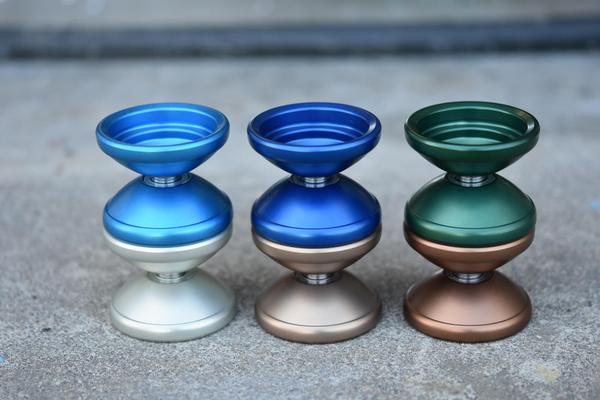
In October of 2011 when Paul Dang was a young lad and fairly new to our team, we released his first signature yo-yo, the DANG. That was a long time ago. Those were the days when yoyo design started to transition away from high walls, small diameters and narrow gaps. The DANG might have been on the previous design era in that regard, but it’s still a fan favorite and different from anything else – much like Paul.
In the following 6 years Paul became the face of One Drop and evolved both as a person and yoyo player. Over a decade of throwing he developed a completely unique style and it was a really interesting process to see how his growth translated into the design of his new signature model. That experience and style is now reflected in the DANG2.
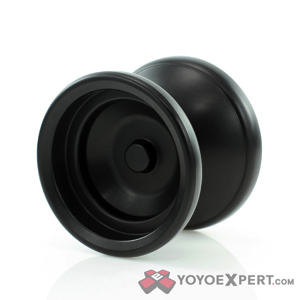
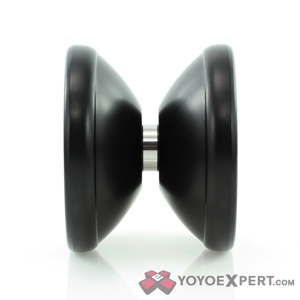
Our first impressions of a new yo-yo are influenced by aesthetics, and even though we might think about how it would feel in play, nothing compares to experiencing the first time it rolls off the string. This makes the design process tricky because every single change about the form affects the play. The two can’t be separated and the play is more about discovery then pure intention. We can’t tell you exactly what mix of looks and performance Paul was thinking about when he put forth his ideas for the DANG2, but we would imagine it happened much like his yo-yoing.
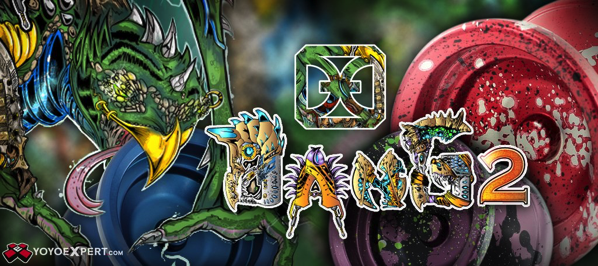
When you watch Paul yo-yo it’s obvious he’s on a mission of discovery. We’ve seen him deep dive into a particularly complex mount simply to find out what’s there. He doesn’t have any specific intentions about what he might discover, but rather he digs and digs until he finds something no one else had. After that he works on dialing in the style and execution.
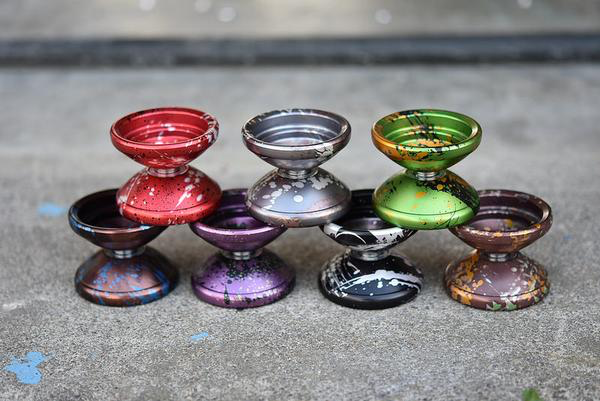
Designing the DANG2 was much like Paul’s digging. The first prototype is probably the most tested yoyo we ever had. He played it for months before coming up with revisions so the final form could be born. Even the second version was played for months before going into production.
